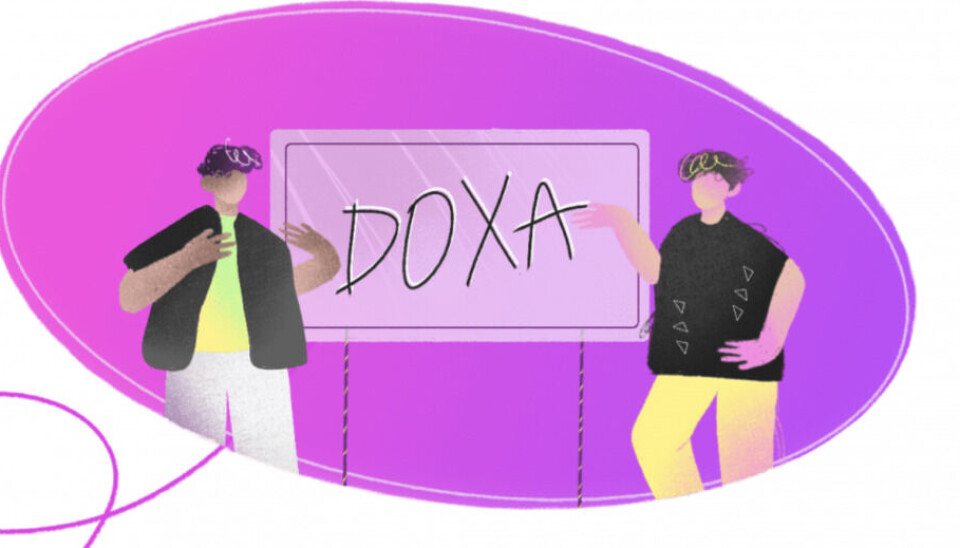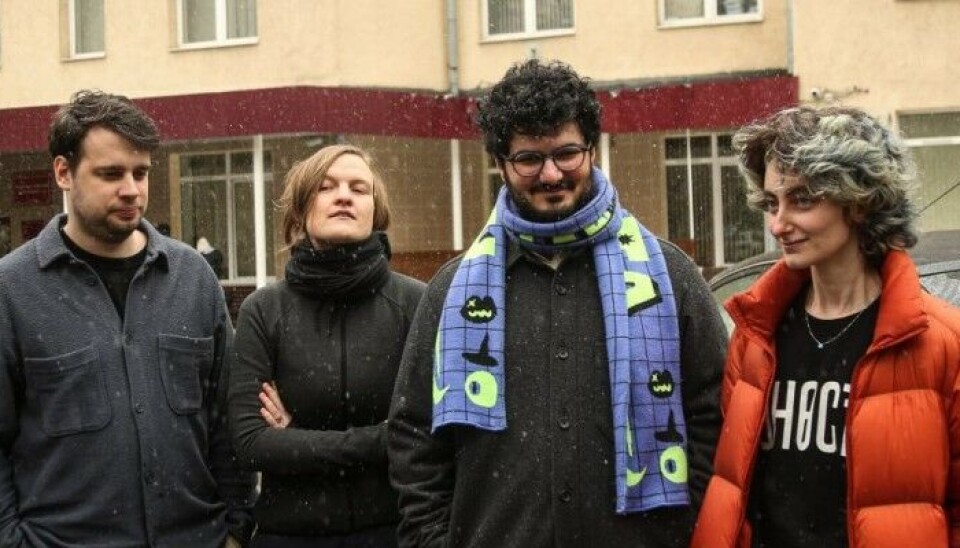
Russian Prosecutor General declares publication DOXA an "undesirable organization"
The incrimination of the independent media outlet was initiated by member of State Duma Andrei Lugovoi, the man involved in the killing of Putin-critic Alexander Litvinenko.
On January 25, the Russian Prosecutor General’s Office declared the publication DOXA an “undesirable organization.” The announcement was made by the Commission on the Investigation of Actions of Foreign States’ Interference in Russia’s Internal Affairs, headed by Duma representative Vasily Piskarev.
“The organization DOXA is involved in training subversive activities on the territory of Russia. In particular, instructions for arson of military enlistment offices, police departments, and military equipment, calls on Russian servicemen to surrender to the Armed Forces of Ukraine, materials on resisting law enforcement agencies and seizing universities were posted on the publication’s information resources,” said Piskarev.
The incrimination of the publication’s activities was formalised by State Duma deputy Andrei Lugovoi, the former security agent that was involved in the poisoning and killing of Alexander Litvinenko in 2006. He reported this on his own Telegram channel, publishing the text of the decision.
“Law enforcement agencies have repeatedly received signals about the overtly hostile activities of the publication,” Lugovoi wrote. “I, in particular, appealed to the Moscow prosecutor’s office asking to bring to criminal responsibility those involved in spreading information undermining national security.
At the moment, the publication is not included in the registry of the Russian Ministry of Justice, but this is likely to happen in the near future.
“At first, Lugovoi suggested to declare us extremists,” said Dasha, the editor of DOXA, to the Barents Observer. “We are not exactly ready for this status, but we are doing everything possible for our safety. The entire security policy has been improved. All financial matters have also been reviewed and taken into account. But, of course, we did not want this status. Now the team will explore the experience of other media outlets that have also been recognized as “undesirable.’”
The status of an “undesirable” organization has consequences for both the media itself and its audience. After receiving this status, people can only read, like, and subscribe to the media. Everything else, such as reposts, calls for reposts, or financial support, can be a reason for administrative and criminal prosecution. The maximum term for “cooperation with an undesirable organization” (Article 284.1 of the Criminal Code of the Russian Federation) is four years of imprisonment.

DOXA, a youth publication, is facing political persecution from the Russian government not for the first time. On the morning of April 14, 2021, four journalists from the student publication DOXA were searched. Alla Gutnikova, Volodya Metelkin, Natasha Tyshkevich, and Armen Armanyan were accused of involving minors in actions dangerous to them (Article 151.2 of the Criminal Code). A criminal case was initiated because the young people recorded a video urging not to fear threats of expulsion from educational institutions for participating in protests. On April 12, 2022, a court in Moscow sentenced former editors of the student journal DOXA, Natalia Tyshkevich, Alla Gutnikova, Armen Aramyan, and Vladimir Metelkin, to two years of correctional labor. Despite the verdict, the former journalists left Russia, leading to their subsequent declaration in federal search.














